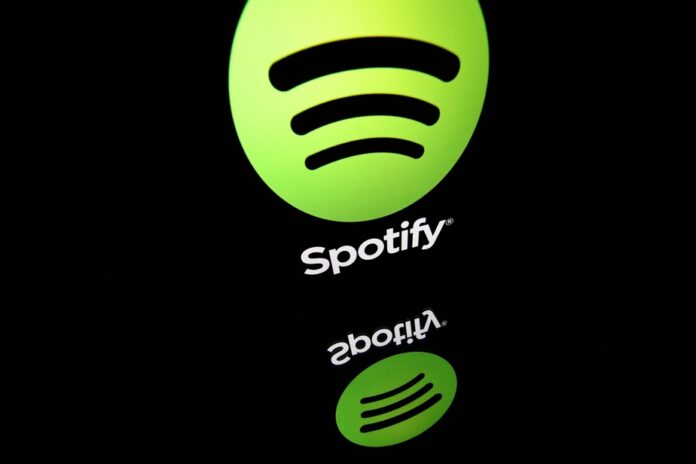(Stockholm) The world’s number one audio platform Spotify will change its method of remuneration for artists in 2024, by introducing a minimum number of plays to open the right to remuneration, it announced on Tuesday.
Spotify’s remuneration system will evolve to meet three imperatives: “further discourage artificial streaming, better distribute small payments that do not reach artists, and put a brake on those who try to game the system” by focusing on non-musical “noises,” he explains on his website for artists.
By addressing each of these issues, Spotify estimates it can generate approximately $1 billion in additional revenue for “emerging and professional artists over the next five years.”
Starting in early 2024, the platform will introduce a minimum of 1,000 plays over 12 months to generate a payment.
Spotify explains that below this threshold, the titles currently generate on average $0.03 per month and are not affected by the rights holders while in total they represent a sum of $40 million.
“We will simply use these tens of millions of dollars per year to increase payments to eligible securities,” the platform says.
In its fight against artificial streaming, generated by robots in particular, Spotify announces that it will “charge labels and distributors for each title when blatant artificial streaming is detected on their content”.
The amount of this withholding was not specified.
At the start of 2023, a first global study on the subject estimated that between 1% and 3% of online listening was fake, according to 2021 data in France from the National Music Center (CNM).
Third evolution of its method of remuneration, Spotify will raise its conditions for the payment of royalties on listening to non-musical “noises” (animal sounds, nature sounds, etc.).
Titles of this type of noise will have to be at least two minutes long and Spotify will discuss with the holders of these rights “to value noise streams at a fraction of the value of music streams”.
“It’s only the beginning,” said the boss of the music distribution platform Stem, Kristin Graziani, at the beginning of November about the changes planned by Spotify, while judging that they were “not in the good direction “.





